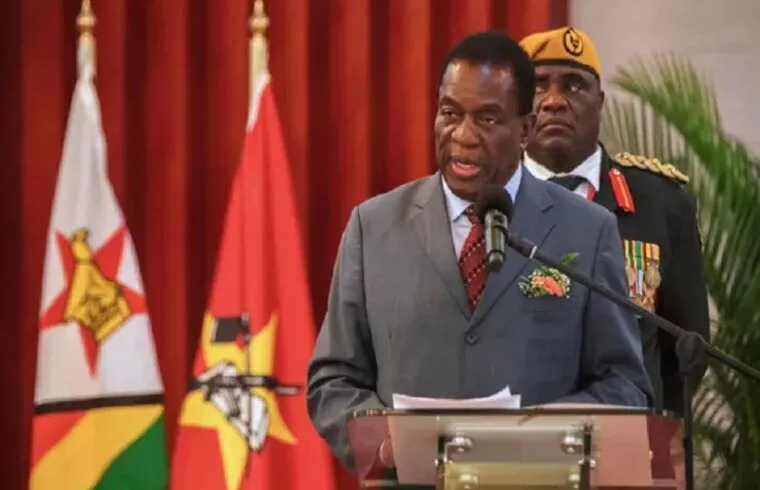The president of Zimbabwe promises “free and fair” elections
During his
speech commemorating Zimbabwe’s independence on Tuesday, President Emmerson
Mnangagwa gave his assurance that the general elections that are set to take
place later this year will be free and fair, but he also issued a warning
to “rogue” civic society organizations. The southern African
nation is scheduled to hold presidential and legislative elections, with the
month of August being the most likely time for both, but no date has been set
as of yet.
The
Zimbabwean leader, who is 80 years old and running for re-election, asked his
countrymen to “say no to violence, before, during, and after” the
impending vote that will determine the country’s fate. In a speech that he gave
at an event that was held to honor the 43rd anniversary of the country’s
independence from Britain, he stated that “my government has put
measures in place to ensure free, fair, and credible elections.”
The festivities took place in the quaint village of Mount Darwin, which is located approximately 155 kilometers (approximately 100 miles) northeast of the nation’s capital, Harare. In the past, Mnangagwa’s ZANU-PF party has been accused of adopting fear and intimidation tactics during elections by resorting to violence and intimidation against its opponents.
When
opposition protesters who claimed there had been fraud in the 2018 elections
marched through Harare’s streets, burning tires and tearing down street signs,
the military met them and shot and killed five of the protesters. Mnangagwa
also cautioned against “voices, foreign or local, including rogue
non-governmental organizations” that spread “seeds of division and disharmony
among us.”
At the
beginning of February, the legislative body of the country passed a bill that
makes it illegal for civil society organizations to participate in political
activities. The new legislation gives the state the authority to make changes
to the internal management and funding of nonprofit organizations, as well as
intervene in the governance and operations of civil groups and charitable
organizations.
Infractions
of this statute carry a potential sentence of up to one year in prison, which
has provoked widespread outrage among human rights organizations and members of
the international community. It has been suggested that the administration is
becoming more repressive toward political opponents. Mnangagwa won contentious
elections in 2018, which his major opponent Nelson Chamisa maintains were
rigged. The elections were
held in Zimbabwe.
In the
following polls, these two will go head-to-head against one another again.
Mnangagwa, sometimes known as “the crocodile” due to his
ruthlessness and cunning, succeeded Robert Mugabe as strongman ruler of
Zimbabwe in 2017 following a military-led coup. As he works to alleviate
entrenched poverty, put an end to persistent power shortages, and reduce severe
unemployment, he must contend with widespread discontent.




Comments
Post a Comment